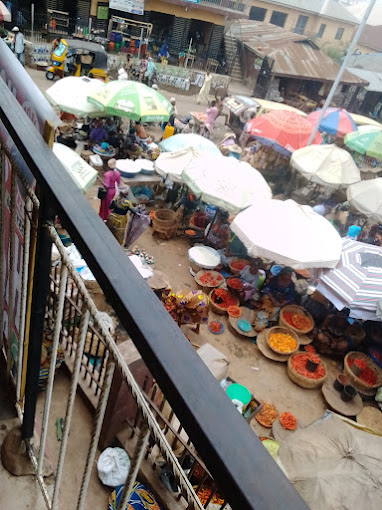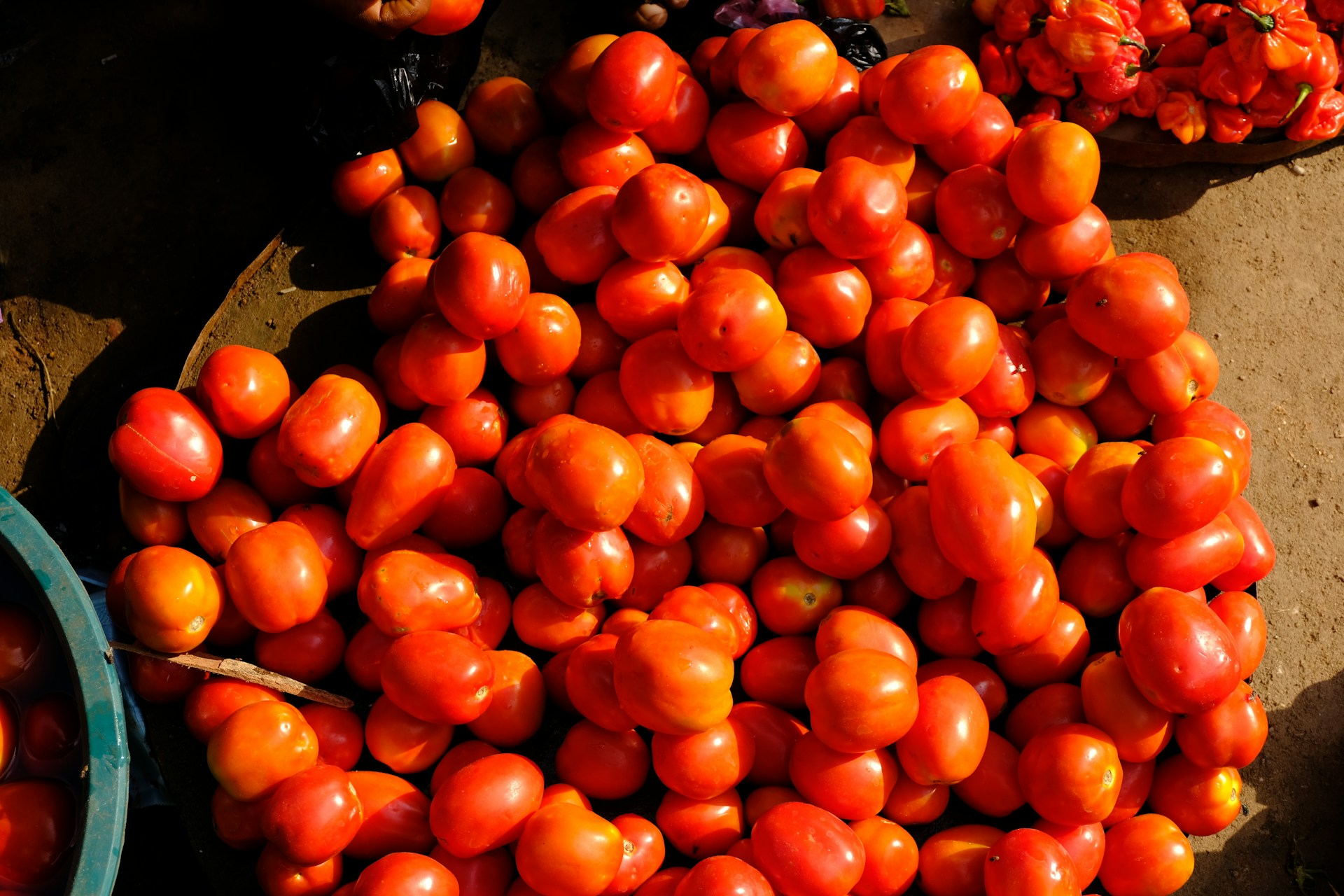What do you call the famous Oja’ba Market in Ibadan? Is it Oja Oba or Oja Iba?
Ancient Yoruba cities typically have a central market, often referred to as Ọja Oba, or the king’s market, usually situated near the Oba’s palace. This setup is common in many traditional towns, reflecting the proximity of commerce to royal authority.
Ibadan has no Oja Oba
But Ibadan is unique in this regard. Unlike other ancient towns, Ibadan does not have an Ọja Oba. This deviation is partly due to its republican origins, which did not align with the typical monarchical system.
Confused by the popular Oja’ba Market? It’s understandable. However, it’s not Ọja Oba but Ọja Iba, a reference to Bashorun Oluyole, a significant historical figure and one of Ibadan’s eminent leaders in the 19th century. The confusion is further compounded by the proximity of the iconic Mapo Hall, the Olubadan’s palace, and the Ibadan Central Mosque, all typical landmarks of an ancient town. These buildings, however, are later additions to the city’s landscape.
Discover Markets in Ibadan and Their Unique Products (1)

Bashorun Oluyole, a relative of the Alaafin, migrated to Ibadan after the evacuation of Oyo Ile. Appointed as Bashorun by Aláàfin Atiba, he became a central figure in Ibadan’s development. Many refugees from Oyo settled around his compound, naturally leading to the establishment of a market in the area.
Oja’ba Today
Ọja Iba stands as an enduring tribute to Iba Oluyole, acknowledging his pivotal role in shaping Ibadan’s history and governance. As Bashorun, Oluyole was a key military and political leader who contributed significantly to the establishment and expansion of Ibadan as a powerful city-state. The market serves as a lasting ascription to his legacy, reminding visitors and residents alike of his leadership and the important role he played in the city’s development.
Today, Oja’ba market specialises in foodstuffs like rice, beans, tomatoes, peppers, yams, and local fabrics. The market also offers beautifully crafted traditional attire and intricate beadwork that showcase the city’s artistic talent. Given its proximity to the city’s Central Mosque, it’s also a prime spot for Islamic materials. Ọja Iba is a great place to explore the rich cultural heritage of Ibadan. The vibrant colours and textures of Ọja Iba are a feast for the eyes and a testament to Ibadan’s deep-rooted traditions.
This historical nuance sets Ọja Iba apart and reflects Ibadan’s rich cultural heritage. Here, tradition and history intertwine deeply, making every visit a journey through the annals of Ibadan’s storied past.
Do not forget though, this isn’t Oja Oba, it is Oja Iba.



Leave a Reply